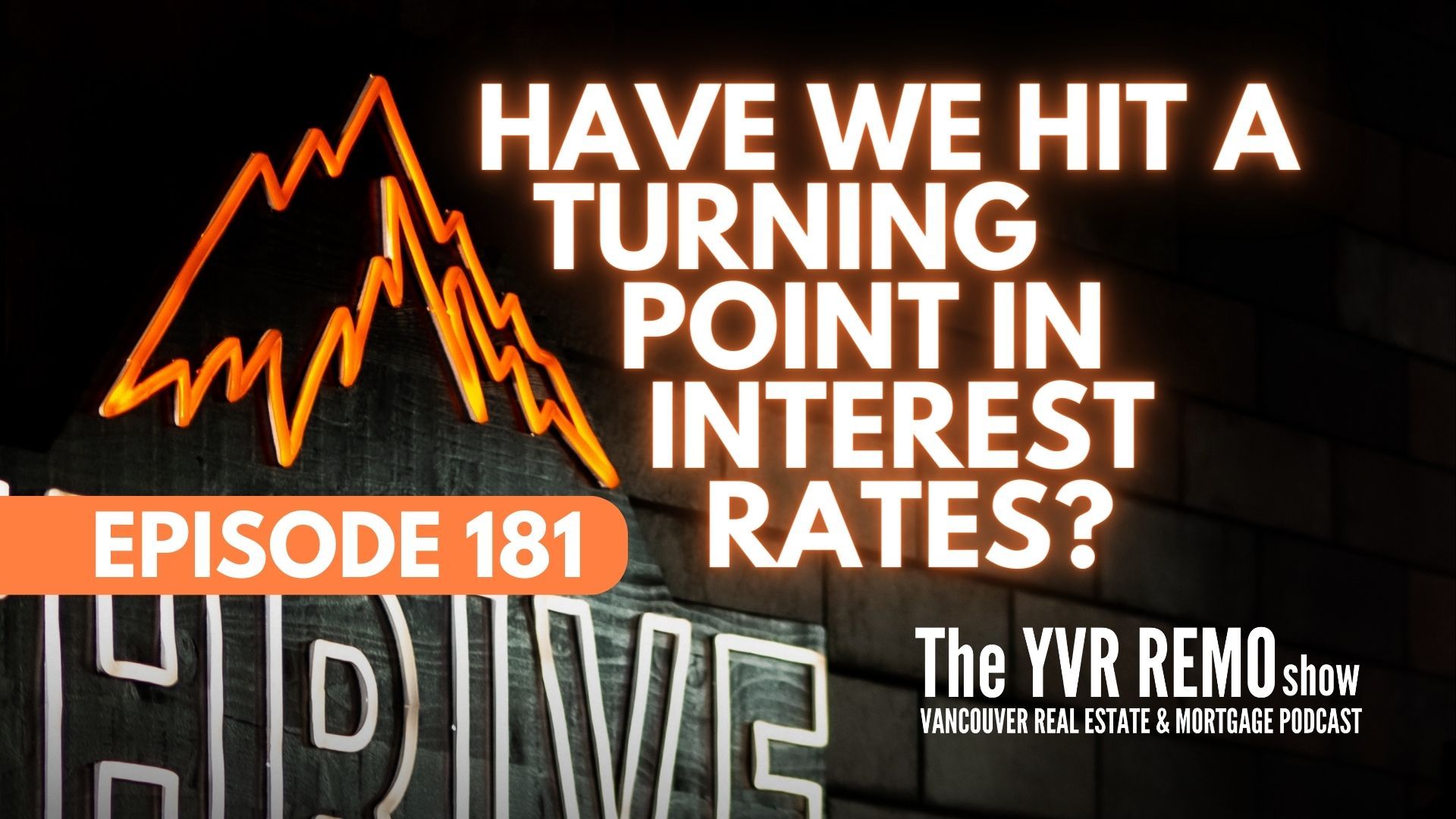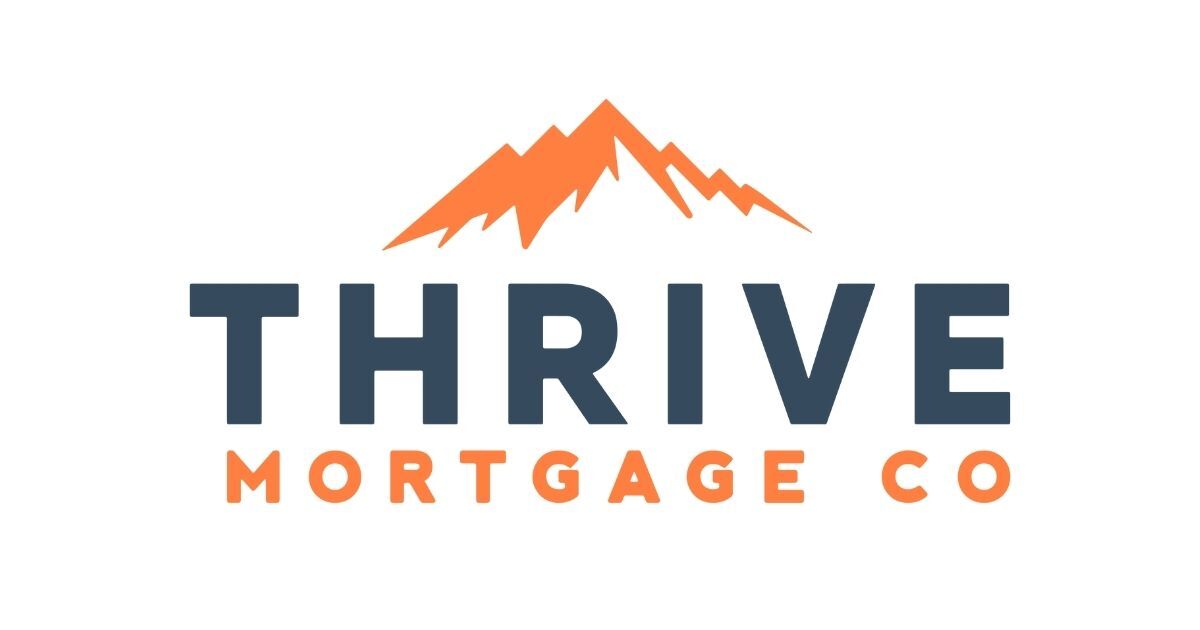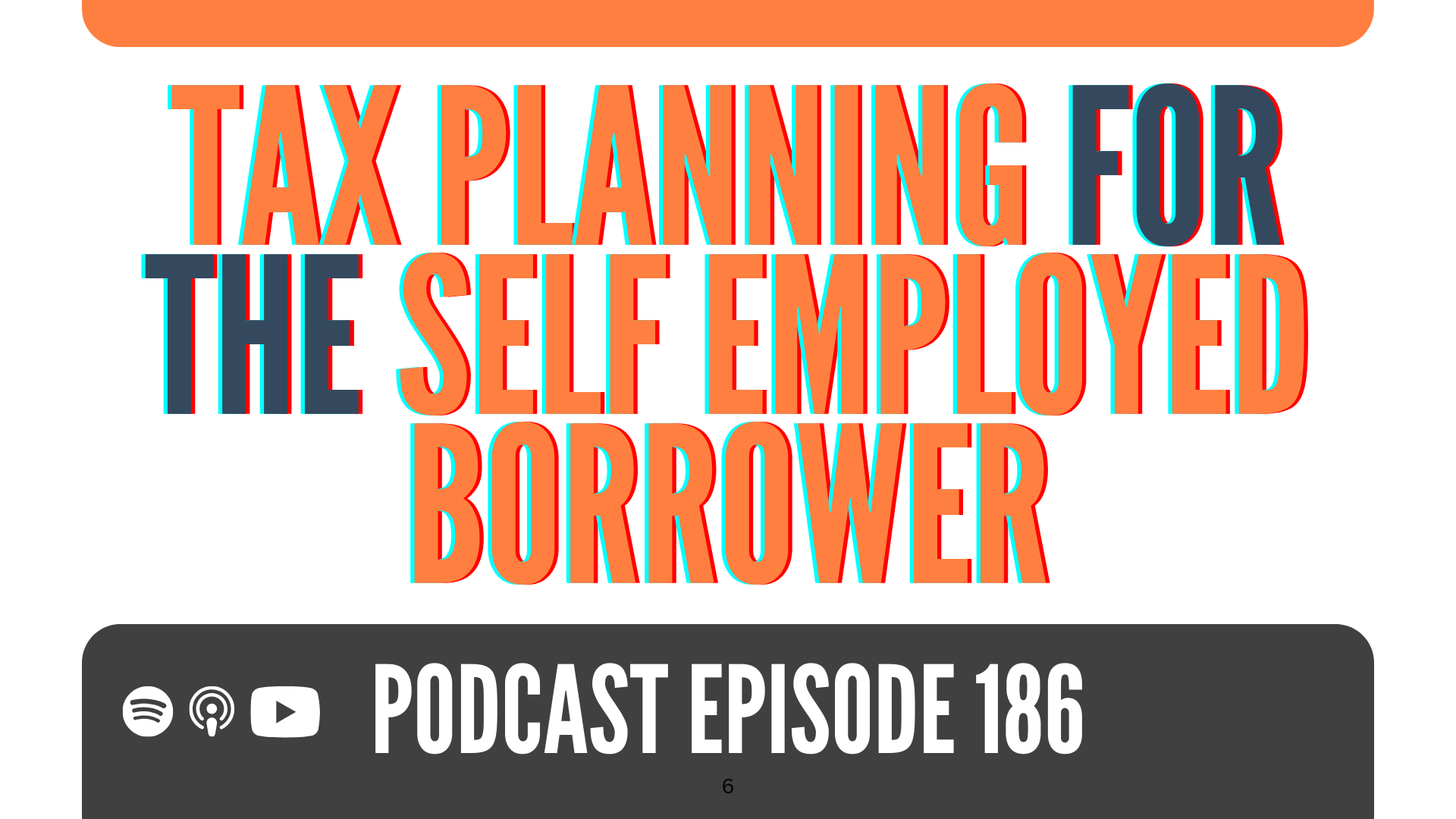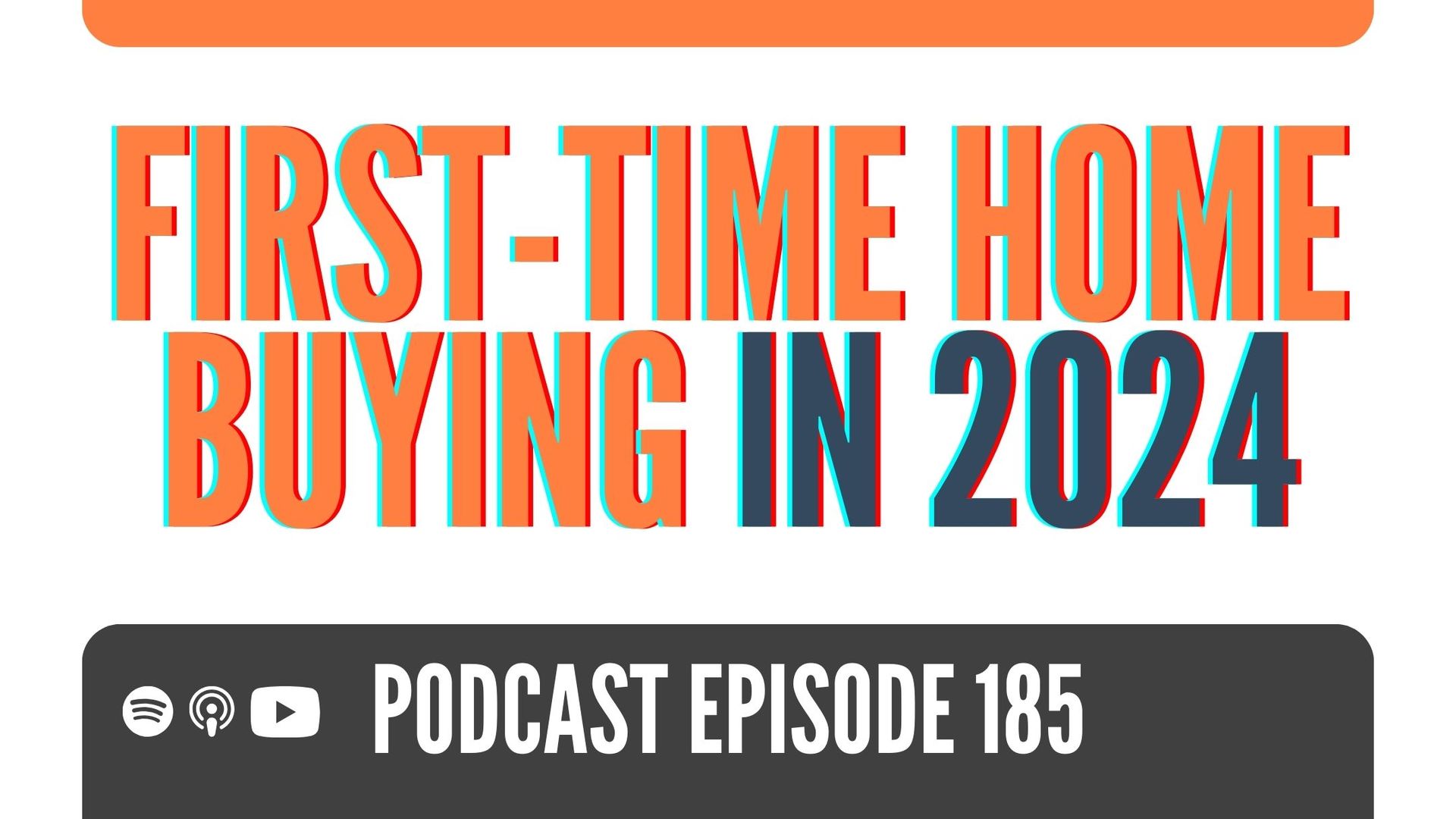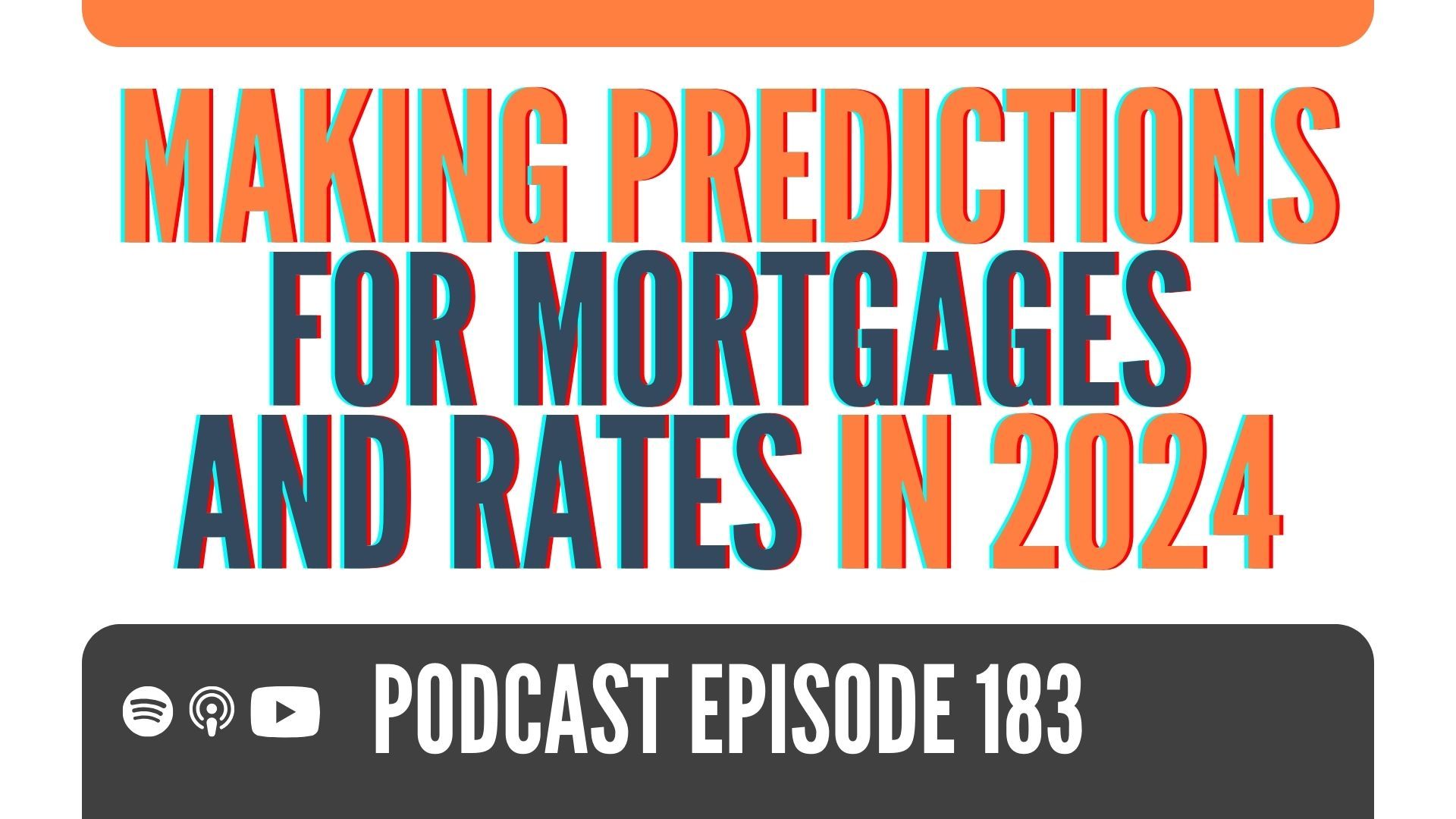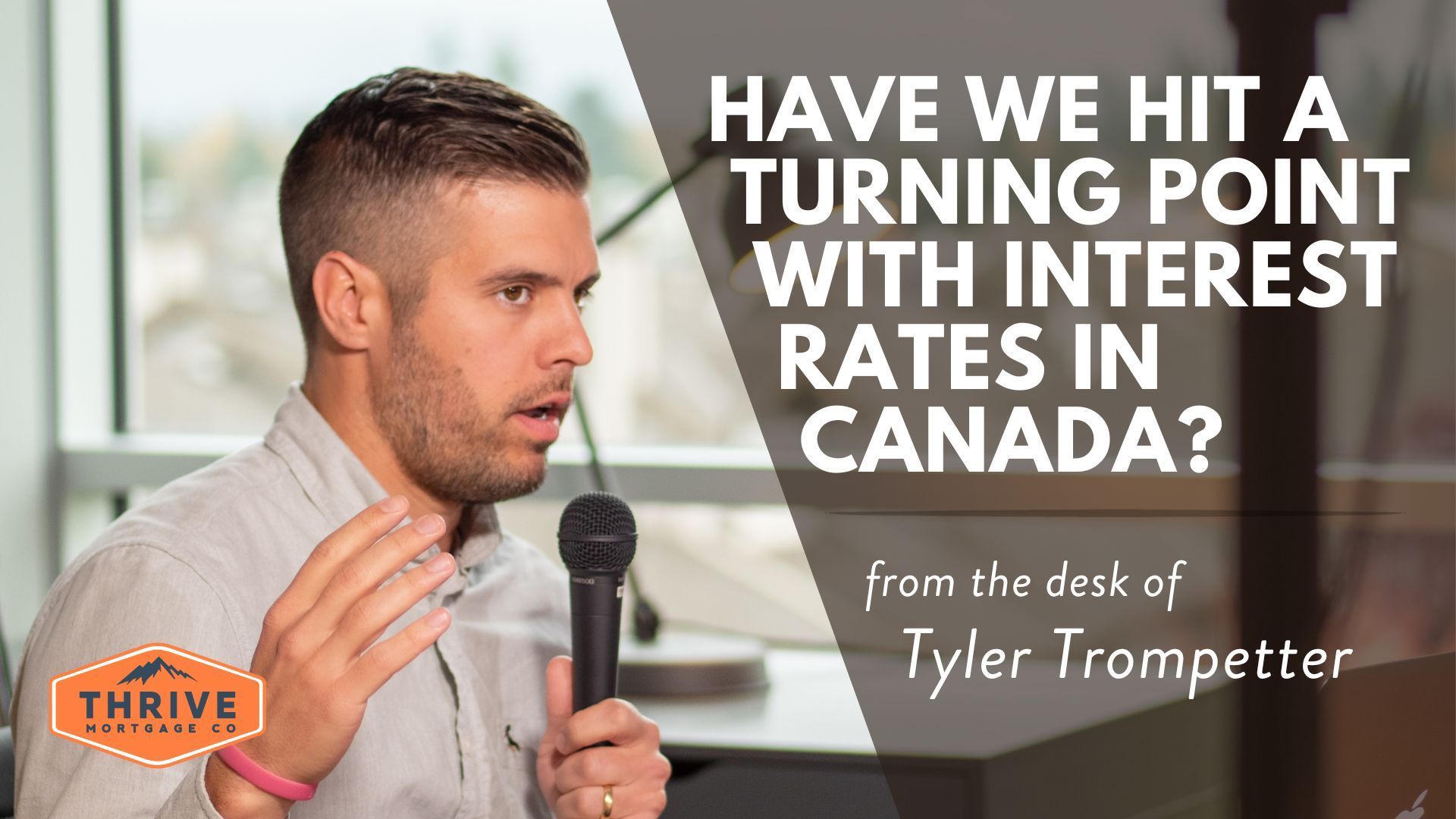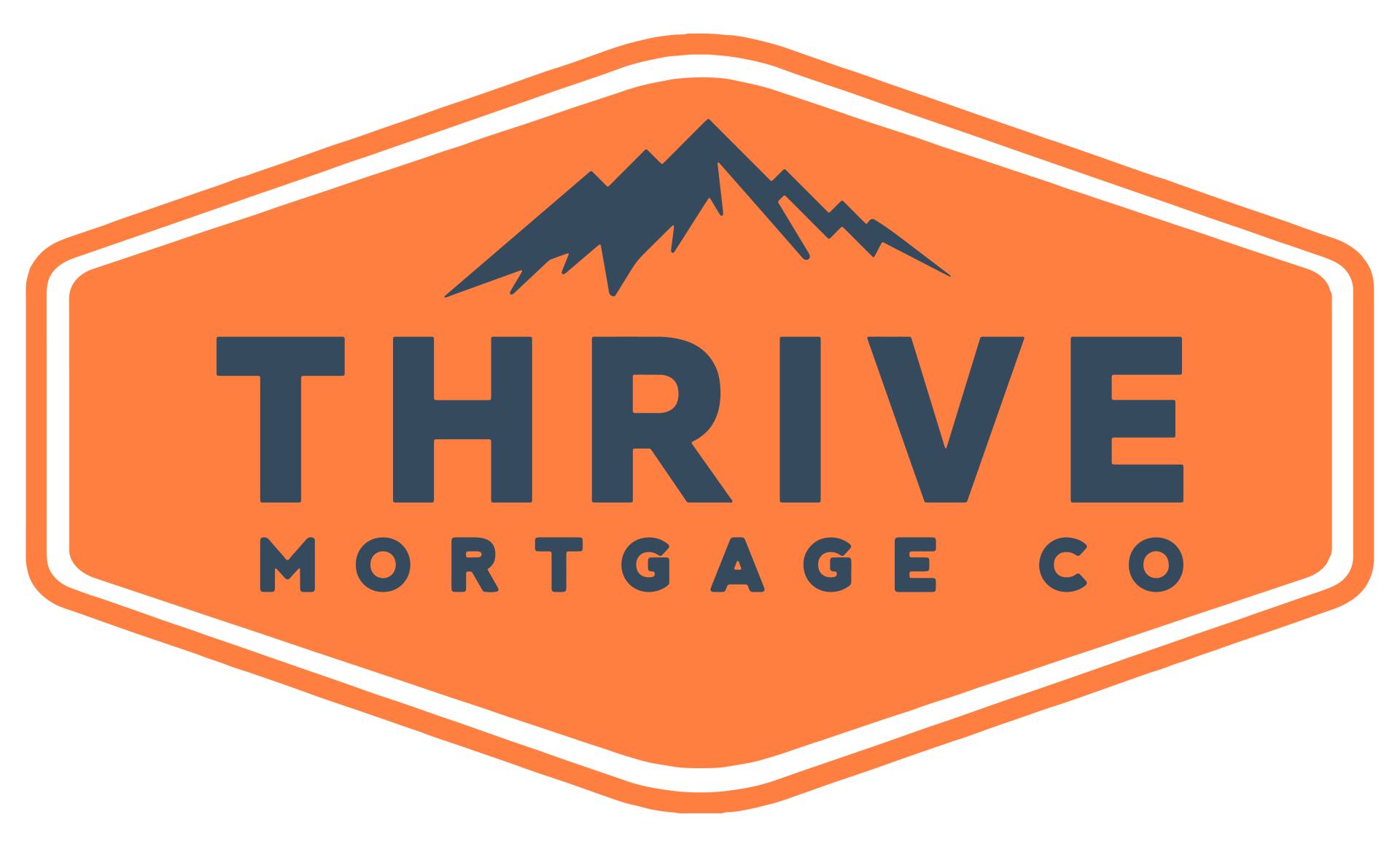Leveraging Your Home To Buy An Investment Property
Discover the importance of choosing the right lender and product, and explore expert tips on property selection, demographics, and financing options.

In recent years, the popularity of real estate investing has grown significantly. Using home equity to buy investment property has become an increasingly popular strategy among homeowners. This approach allows them to leverage their existing property to acquire rental properties and maximize their return on investment. In this blog post, we will explore the process of tapping into your home's equity, choosing the right lender and mortgage product, and selecting the perfect rental property.
The YVR Remo Show is here to guide you through the process of leveraging your existing property to buy rental properties and maximize your return on investment. In this episode, we discuss the strategies and processes involved in tapping into your home's equity, choosing the right lender and mortgage product, and selecting the perfect rental property. Watch the full episode or keep reading for a summary of how you can use your home's equity to invest in real estate.
Why invest in real estate?
Real estate investing can provide long-term benefits and consistent cash flow. The appreciation and leveraging of properties can lead to significant returns compared to traditional investments like GICs. Moreover, real estate can be a valuable asset for those without traditional pension plans, providing a reliable income stream during retirement.
How to Leverage Your Home Equity, what are your options?
Home equity refers to the difference between the market value of your home and the outstanding mortgage balance. To leverage your home equity, you will need to access the equity in your property, which is similar to obtaining a mortgage. Typically, you can borrow up to 80% of your home's value. One popular option to access your home's equity is through a home equity line of credit (HELOC), which provides instant access to funds.
It's essential to explore all financing options for rental properties and consider all-in-one mortgages.
These mortgages combine a regular mortgage component with a line of credit, allowing you to utilize the line of credit to buy rental property and convert the owing balance to a fixed term. Working with a mortgage broker can help you review multiple scenarios and choose the best financing option for your needs.
1. Home Equity Loan:
A home equity loan is a lump-sum loan that allows you to borrow a specific amount of money using your home's equity as collateral. The loan is paid back in fixed monthly installments, typically over a period of 5-30 years.
2. Home Equity Line of Credit (HELOC):
A HELOC is a revolving line of credit that allows you to access your home's equity as needed, up to a predetermined limit. This option provides flexibility, as you can draw funds when required and only pay interest on the borrowed amount. HELOCs typically have a variable interest rate and a draw period, followed by a repayment period.
3. Cash-Out Refinance:
A cash-out refinance involves replacing your current mortgage with a new one for a higher amount. The difference between the old and new mortgage balances is paid to you as a lump sum. This option allows you to tap into your home equity while potentially securing a lower interest rate or better mortgage terms.
4. Second Mortgage:
A second mortgage is a separate loan taken out in addition to your existing mortgage. This option allows you to borrow against your home equity while maintaining your current mortgage. However, second mortgages usually come with higher interest rates compared to first mortgages.
Related:
Investment Property Mortgages: All you need to know about earning passive rental income.
Choosing the Right Lender and Mortgage Product
When using home equity to buy an investment property, it's crucial to choose the right lender and mortgage product rather than solely focusing on the interest rate.
Different lenders treat rental income differently, which can impact the amount you qualify for.
Preserving your current interest rate is possible with a home equity line of credit or a second mortgage product.
Therefore, it's essential to work with a mortgage broker who is well-versed in rental mortgage products.
Selecting the Perfect Rental Property
Before buying a rental property, consider the demographics, numbers, and location.
A rental that is in close proximity to amenities like transit, stores, and parks may get higher rents than places that are further away.
To get a feel for the area, walk around at different times of the day and assess the neighborhood. Additionally, use a detailed performer to understand the average vacancy rate and be conservative with your projections.
Alternative Savings Plans
If you're facing a deficit, consider a forced savings plan instead of traditional savings methods. By understanding your personal budget, you can make informed decisions and allocate funds from traditional savings to cover shortfalls on rental properties.
Additionally, consider turning your current property into a rental property and purchasing a new one with as little as 5% down. This strategy can help you diversify your investments and strengthen future loan applications.
Do you want to use your home equity to buy a rental property?
Using home equity to buy investment property can be a powerful strategy to grow your wealth and achieve financial stability.
By leveraging your existing property, choosing the right lender and mortgage product, and selecting the ideal rental property, you can maximize your return on investment and secure long-term financial benefits.
Start the conversation today, and unlock the potential of your home.
